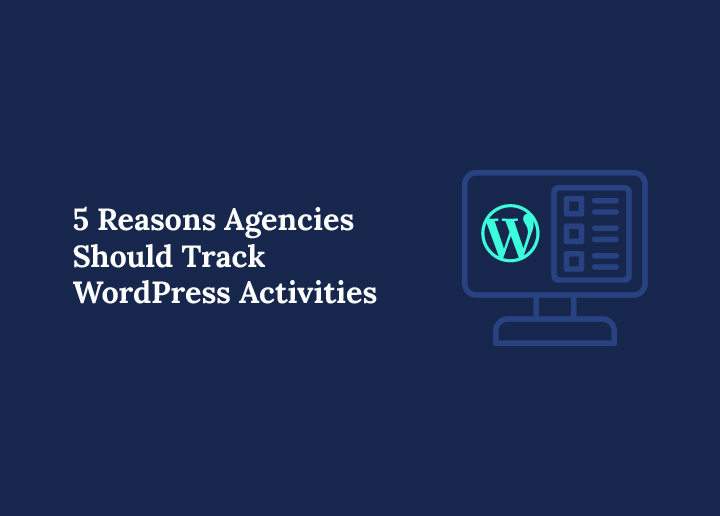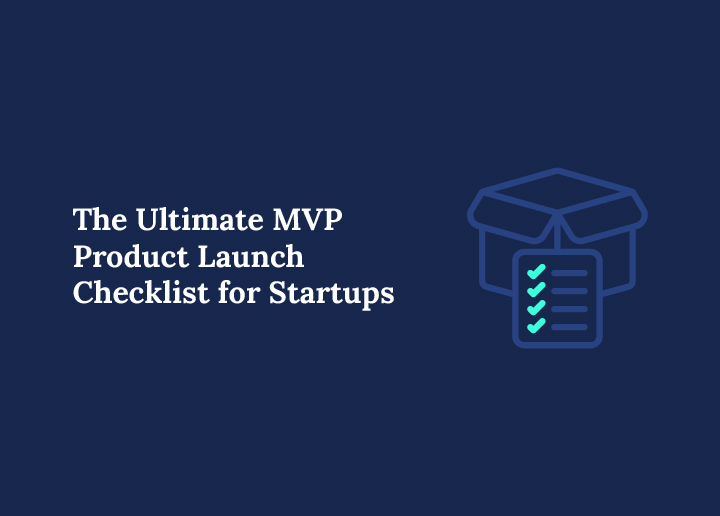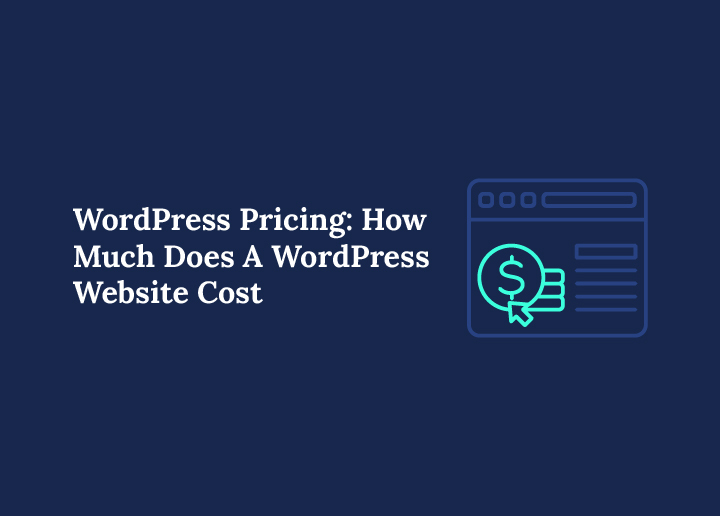Agencies frequently find themselves navigating complex environments and managing portfolios of diverse clients. As a result, tools that simplify operations and facilitate transparency and collaboration become indispensable.
With multiple stakeholders accessing, editing, and modifying sites, tracking who is performing specific actions is vital for smooth operations, compliance, and maintaining client trust.
In this article, we explore the challenges WordPress agencies face in 2025 and how activity tracking addresses these issues while enhancing efficiency and security.
WordPress Agency Challenges in 2025
New technologies and trends constantly reshape how we work and do business. Remote work, AI, privacy laws, compliance requirements, and widespread cloud adoption are recent developments that have rapidly altered workflows. These transformations drive client expectations higher, requiring agencies to adapt swiftly in several critical areas:
Reason 1: Client demands for accountability, compliance, and security
Agency clients have increased expectations for accountability and security, often requiring documentation of changes on their sites. Many clients demand records showing they comply with frameworks such as GDPR, PCI-DSS, and HIPAA, among others. This is especially true for industries such as healthcare and finance, where scrutiny is often higher.
Furthermore, security breaches can severely damage reputations, emphasizing the importance of detailed activity tracking for proactive risk management and timely response to threats. For example, you might need to prove that sensitive data was not accessed by someone without the proper clearance.
Reason 2: Keeping up with updates and changes
By monitoring for changes, agencies can maintain high operational efficiency despite the frequent release cycles and potential complexities associated with updates.
WordPress core, themes, and plugins receive regular updates. In some cases, these updates address security holes, making them critical. Automatic updates can help streamline this process. However, highly customized websites require updates to be tested in a staging environment before deployment to live environments. By continuously monitoring all updates, agencies can document their implementation and promptly address any issues that arise.
Reason 3: Shifting security landscape
Detailed logging tools enable real-time detection of suspicious activities, allowing timely intervention.
Cybercriminals often cast a wide net to breach websites en masse. While smaller websites are typically not specifically targeted, they may nevertheless end up in the line of fire. To this end, agencies must adopt proactive security measures instead of relying solely on reactive responses. Automated, sophisticated attacks require robust monitoring capabilities to detect and mitigate threats swiftly.
Agencies that systematically track user and system actions reduce vulnerabilities, improve their overall security posture, and significantly decrease the likelihood of security incidents.
Reason 4: Faster deployment of changes
Activity logging ensures clarity around every modification, enabling swift troubleshooting and quick reversals of problematic changes.
The availability of analytics data means clients want to test ideas and deploy changes faster than ever before. This requires agencies to deploy updates, tests (such as A/B split tests), and new features at a moment’s notice.
These accelerated deployment cycles can increase the potential for errors or conflicts if changes are not documented. Agencies tracking WordPress activity can confidently expedite deployments, reduce downtime, and rapidly address unforeseen issues, thereby maintaining high client satisfaction and reliability.
Reason 5: Cohesive teamwork
Transparent logging significantly reduces internal friction, streamlines workflows, and supports efficient teamwork.
Remote and hybrid work environments often complicate team collaboration. Coupled with poor communication, which is more common than you might think, this can lead to misunderstandings, unclear roles, and overlapping tasks, ultimately reducing productivity. It can also create confusion around accountability, causing unnecessary friction within teams.
Logging tools document each team member’s actions, clarifying roles and responsibilities. Teams can quickly track progress and pinpoint sources of issues, improving productivity and overall team cohesion.
How to start logging WordPress activities
Integrating activity logging into WordPress workflows is simple and requires minimal effort. Specialized plugins like WP Activity Log can be quickly installed and configured with the following straightforward steps:
Step 1: Install and activate WP Activity Log
Installing WP Activity Log is very easy and straight forward. You can start with the free edition of the plugin which offers unlimited logging and log retention. You can always upgrade later to take advantage of features such as MainWP compatibility, reports, white labeling, and much more.
- Navigate to Plugins > Add Plugin
- Search for WP Activity Log
- Click Install Now, and then Activate
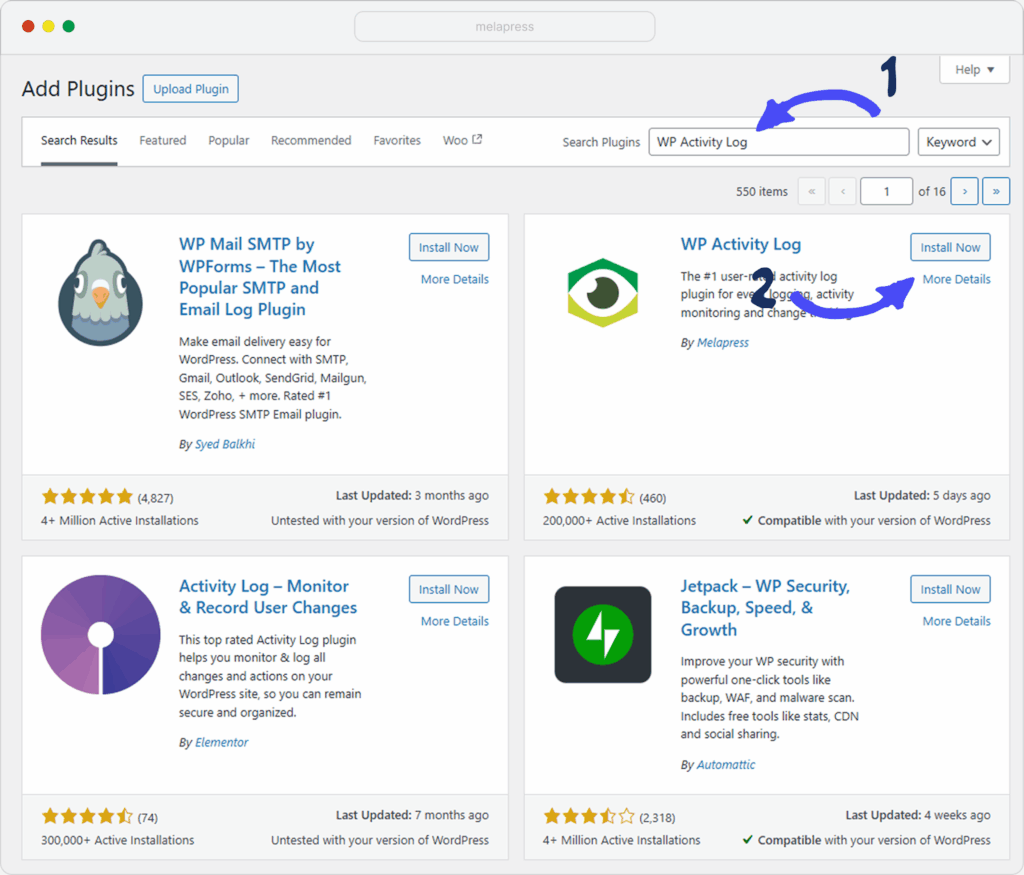
Step 2: Follow the initial configuration guide
Once the plugin is installed and activated, the initial configuration wizard will automatically kick in. This wizard is designed to walk you through the basic configuration of the plugin, ensuring optimal configuration for your requirements. Do keep in mind that any settings configured here can be changed at any time by navigating to WP Activity Log > Settings.
Once you complete the wizard, the plugin will automatically start logging user and system data. Records can be viewed at any time by navigating to WP Activity Log > Log viewer.
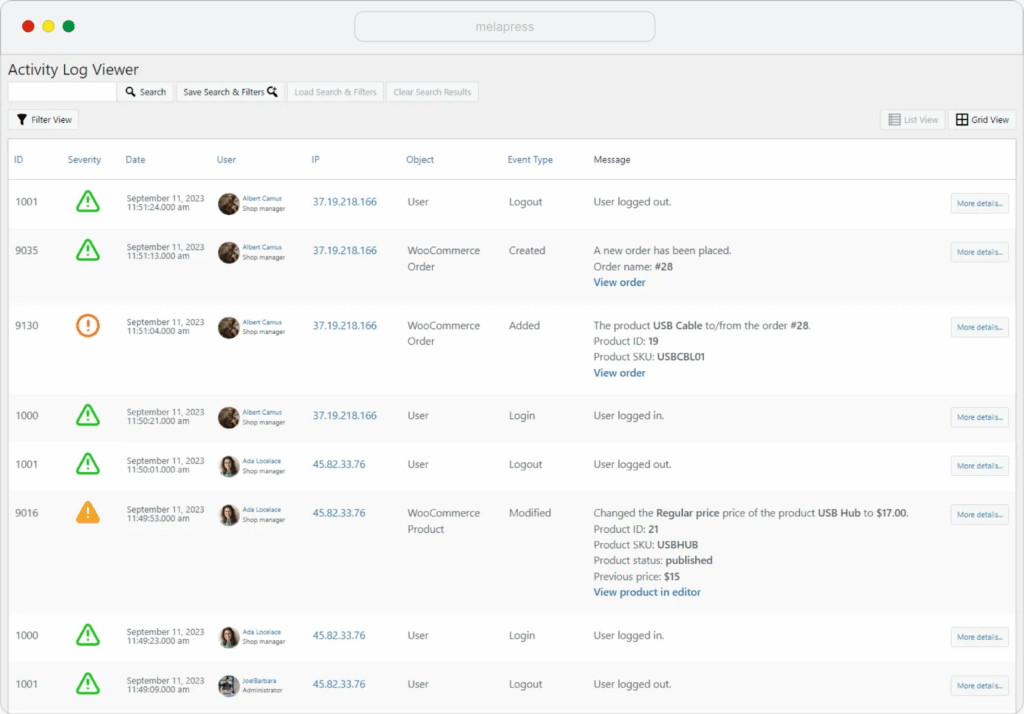
Benefits of tracking WordPress user activities
Faster troubleshooting
Efficient troubleshooting minimizes downtime, crucial for client satisfaction and operational effectiveness. With activity logging, agencies avoid guesswork by swiftly pinpointing problematic updates or unauthorized activities. Clear, detailed logs enable quick corrections, significantly reducing troubleshooting timelines and maintaining continuous site operations.
Easier compliance
Compliance with regulatory standards such as GDPR, HIPAA, and PCI-DSS demands extensive documentation. Comprehensive activity logs provide agencies with the precise audit trails necessary for demonstrating compliance effortlessly. Detailed records simplify audit preparations, drastically reducing administrative burdens and ensuring ongoing regulatory compliance.
Better user management and teamwork
Effective team management necessitates clear accountability and well-defined roles, especially within remote or hybrid teams. Activity logging clearly documents all user actions, enhancing transparency and clarity in task assignments. Agencies benefit from improved coordination, fewer misunderstandings, and enhanced productivity. Transparent activity logs foster efficient collaboration and accountability across diverse teams.
Proactive security
Proactive security monitoring through activity logging allows agencies to quickly identify and respond to security threats before they escalate. Real-time alerts generated by logging solutions promptly highlight suspicious actions or unauthorized changes. Swift detection and response capabilities significantly enhance security, reducing the risks of breaches and safeguarding client data and websites.
Improved customer relations
Activity logging provides agencies with robust documentation capabilities, greatly enhancing transparency and client communications. Clients value detailed insights into changes made on their websites, promoting trust and satisfaction. Agencies can leverage logs to clearly justify actions, address client concerns, and build stronger relationships by maintaining transparency and accountability.
WordPress activity logging – the must-have tool for agencies
The complexities of managing modern WordPress websites, heightened client expectations, regulatory requirements, and cybersecurity threats, demand comprehensive activity logging solutions. Tools like WP Activity Log offer agencies detailed visibility into all site actions, significantly enhancing operational efficiency, proactive security management, compliance simplicity, and team collaboration.
By adopting robust logging solutions, agencies effectively manage operational complexity, maintain high security standards, enhance client relationships, and position themselves competitively in a rapidly changing digital landscape. WordPress activity logging has evolved from optional to essential, empowering agencies to deliver exceptional services consistently and confidently navigate the evolving challenges of 2025.
